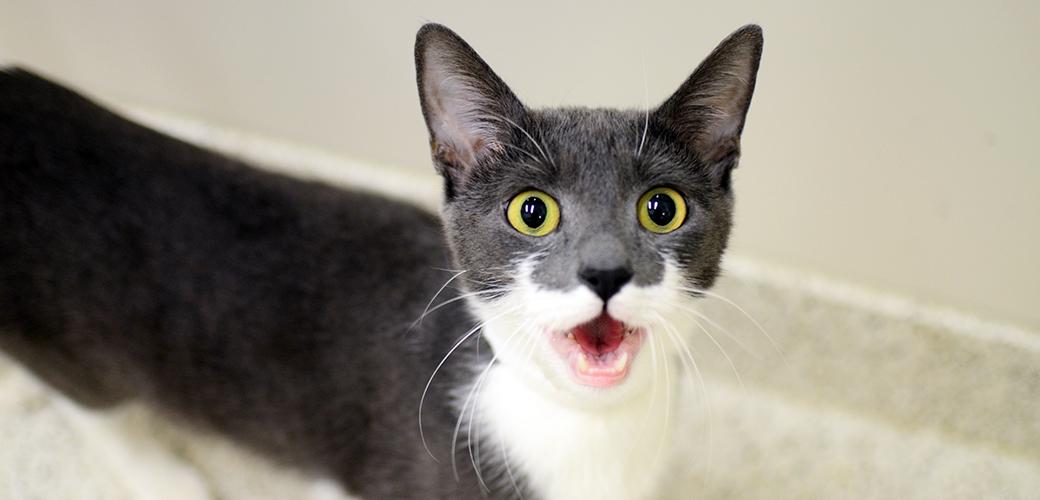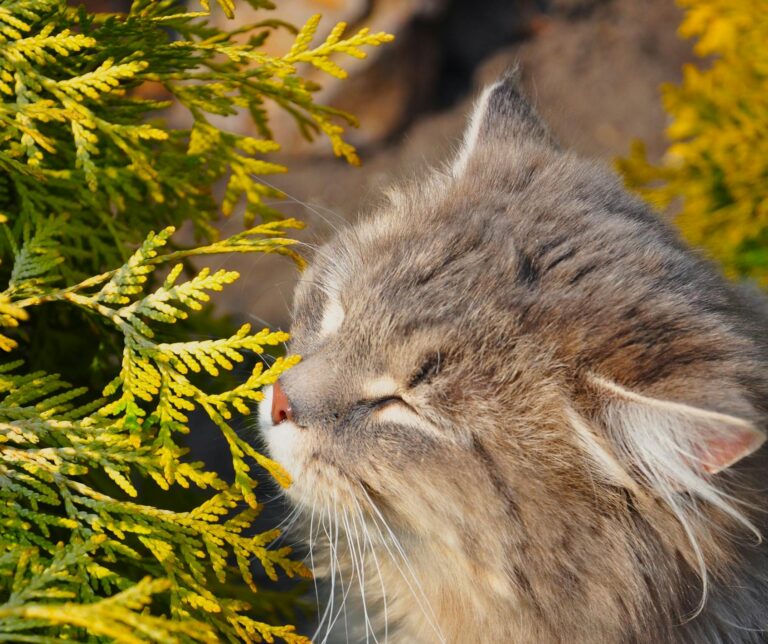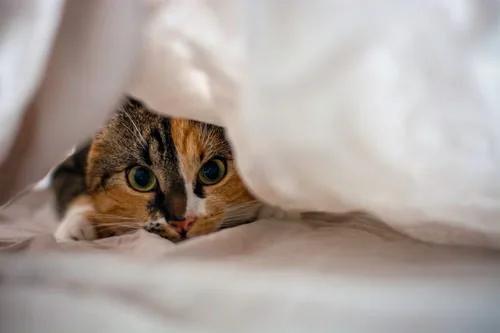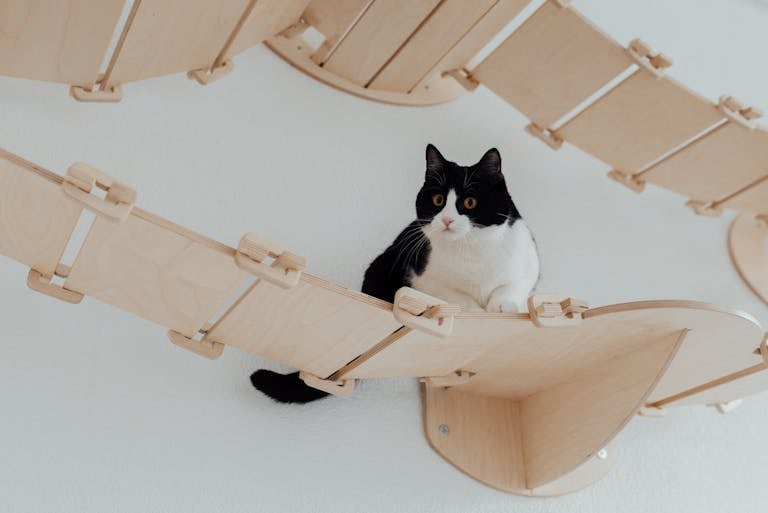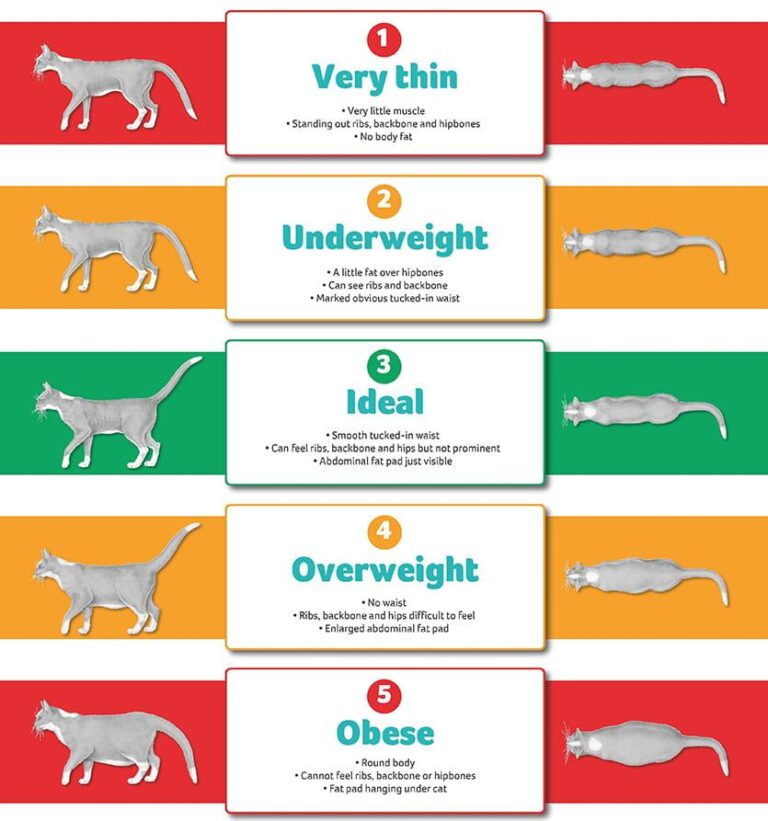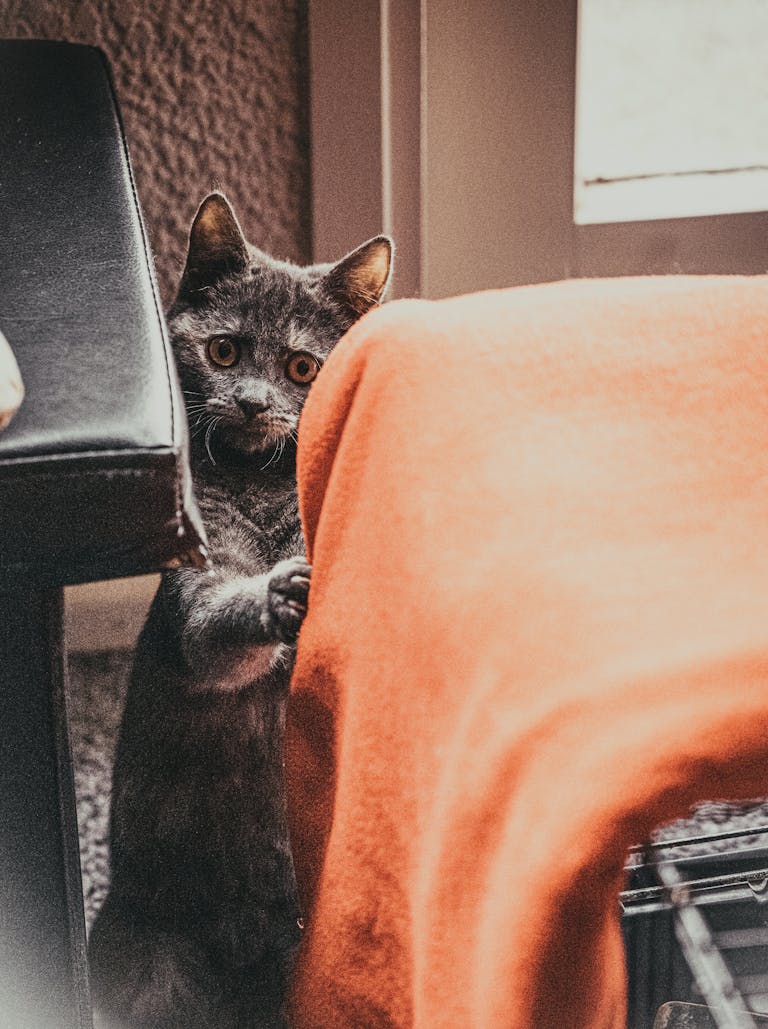Why Does My Cat Meow So Much?
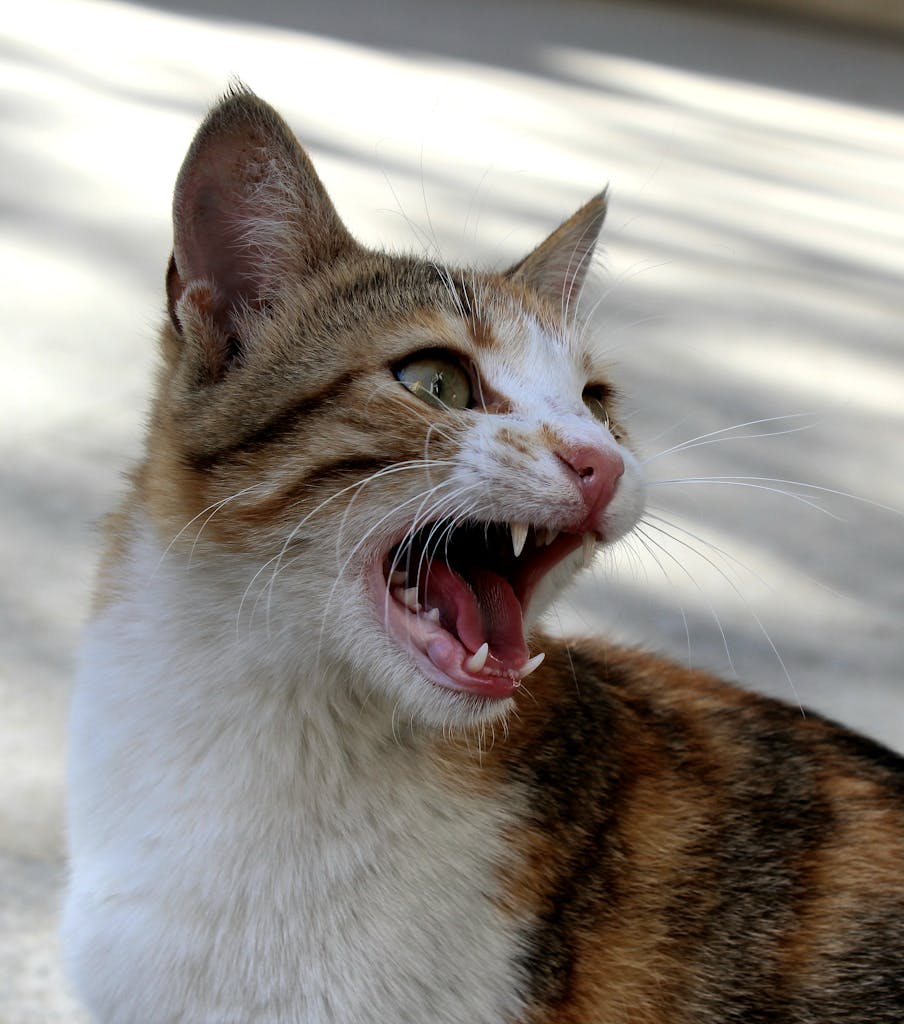
Why Does My Cat Meow So Much? Understanding Your Chatty Feline Friend
Have you ever sat down for a quiet moment, only to be serenaded by your cat’s persistent meowing? If you have, you’re definitely not alone! Cats sure know how to make their voices heard, and while some meows are cute or even funny, others can leave us wondering, “Why does my cat meow so much?” As a lifelong cat lover and fellow “cat talker,” I get it — those meows can pull at your heartstrings or test your patience. But behind all that vocalizing lies a fascinating language that your kitty uses to communicate with you.
In this article, we’ll dig into the reasons your furry friend might be so chatty, what they’re trying to tell you, and how to respond in ways that make both of you happier. Ready to become fluent in meow? Let’s jump in!
Why Your Cat’s Meowing Matters More Than You Think
First off, it’s important to realize that meowing is a special kind of meows-only cats do to humans, not their fellow felines. Adult cats rarely meow at each other — instead, meowing is mainly a way to get your attention. So when your cat won’t stop talking, it’s their unique way of telling you something.
Understanding this can completely change how you see your cat’s behavior. Meowing isn’t just noise; it’s a form of communication, an emotional outlet, and sometimes a cry for help. When you tune into these vocal cues, you’re building trust and strengthening your bond.
What’s Driving All the Meows? Common Reasons Explained
1. Hunger or Thirst: The Classic “Feed Me” Call
One of the most obvious reasons your cat might meow nonstop is because they’re hungry or thirsty. Cats are smart and quick to learn the sound of a can opening or food bowl being filled means mealtime. So if it’s near dinner time or their bowl looks empty, expect a vocal demand for a snack.
2. Seeking Attention and Affection
Cats can be pretty social creatures, and some crave more interaction than others. If your feline friend is meowing a lot during playtime or when you’re just chilling, they might simply be asking for some love, petting, or a bit of company. Don’t underestimate the power of a good chin scratch!
3. Feeling Lonely or Bored
Got a solo cat left home alone most of the day? Excessive meowing might be their way of saying, “I’m bored!” or “Can we hang out?” Cats need mental and physical stimulation, and sometimes a lack of it leads to vocal demands.
4. Stress or Anxiety
Strange noises, changes in routine, new pets, or even visitors can stress out a cat. Meowing can be a vocal form of anxiety or insecurity. If this happens suddenly or consistently in certain situations, there might be an underlying stress trigger worth addressing.
5. Medical Issues: When Meowing Means Something’s Wrong
Sometimes a cat’s louder-than-usual and persistent meows can hint at discomfort, pain, or illness. Conditions like hyperthyroidism, urinary tract infections, or even cognitive dysfunction in older cats often come with increased vocalization. If your cat’s meowing patterns change drastically or they show other symptoms—like lethargy, appetite loss, or unusual behavior—it’s time for a vet visit.
Step-by-Step Tips to Manage Excessive Meowing
Step 1: Observe and Take Notes
Before trying to reduce meowing, notice when it happens, how long it lasts, and what’s going on around your cat at the time. Is it always near meal time? When you’re leaving the house? Recording patterns helps you connect the dots about what your cat wants.
Step 2: Don’t Reward the Noise
This one’s tough because your natural instinct is to respond to persistent meowing. But if your cat learns that loud meowing always brings food, treats, or attention, they’ll keep doing it. Try to only respond to quiet requests, or wait for a pause before giving what they want.
Step 3: Provide More Enrichment
-
- Interactive toys: Puzzle feeders or laser pointers can keep your cat busy and mentally stimulated.
-
- Climbing spaces: Cats love vertical territory. Add shelves, cat trees, or cozy window perches.
-
- Scheduled playtime: Dedicate time daily to play—this burns energy and reduces boredom.
Step 4: Rule Out Medical Issues
Any sudden or dramatic change in vocalizations should prompt a vet visit. Your vet can rule out health problems that might cause discomfort or anxiety.
Step 5: Consider Your Cat’s Personality
Some cat breeds are chattier than others — Siamese, Burmese, and Oriental cats are famous for being vocal. And just like people, some cats simply have bigger personalities and more to say. Accepting this can help reset your expectations.
Mistakes to Dodge When Dealing with a Meowing Cat
Giving in to Every Meow
Responding to every single meow can backfire. Your cat learns loud meowing gets what they want, making it a never-ending cycle.
Ignoring Possible Medical Causes
Don’t dismiss excessive meows as just “cute” or “annoying” behavior. It could be the first sign of a health problem, especially in older cats.
Using Punishment or Yelling
It’s tempting to scold a noisy cat, but punishing meowing can increase stress and make your cat more vocal out of anxiety. Instead, focus on calm, positive reinforcement.
Not Providing Enough Enrichment
Underestimating how much mental and physical stimulation cats need can lead to meowing out of boredom or loneliness—so keep those paws busy!
Tools and Products That Help Keep the Peace
Sometimes, having the right products on hand makes all the difference in soothing a vocal cat or managing their need for attention.
-
- Interactive Treat Dispensers: PetSafe SlimCat Interactive Toy and Food Dispenser keeps your kitty engaged while they eat, which helps reduce meowing for food.
-
- Calming Diffusers: Products like Feliway mimic feline facial pheromones, creating a calming environment that can reduce anxiety-driven meowing.
-
- Cat Trees and Window Perches: Giving your cat a dedicated lookout and play zone satisfies their curiosity and energy.
FAQs: Your Chatty Cat Questions Answered
Q: Is it normal for my cat to meow all day long?
While some cats are naturally talkative, meowing all day can be a sign of a problem like boredom, anxiety, or health issues. Observe your cat’s behavior and consult a vet if it seems unusual.
Q: Can I teach my cat to meow less?
Yes! With patience and consistent response training—rewarding quiet behavior and ignoring excessive meows—you can reduce your cat’s vocal demands over time.
Q: Why do older cats meow more than younger ones?
Elderly cats may meow more due to cognitive decline, sensory loss, or medical conditions. Regular vet check-ups are essential to keep aging cats comfortable.
Wrapping Up: Listening to Your Cat’s Unique Voice
At the end of the day, your cat’s meows are their way of reaching out, sharing feelings, and asking for something they need — whether it’s food, love, or comfort. Instead of tuning out or getting frustrated, try to view all those little “meows” as part of a meaningful conversation you’re lucky to be part of. Remember, cat talk is their love language, and every meow counts.
With a bit of observation, patience, and the right tools, you can turn your chatty cat’s vocalizations into a beautiful connection, strengthening the unique bond only you and your feline friend share.
Happy listening, and may your days be filled with purrs (and manageable meows)!

